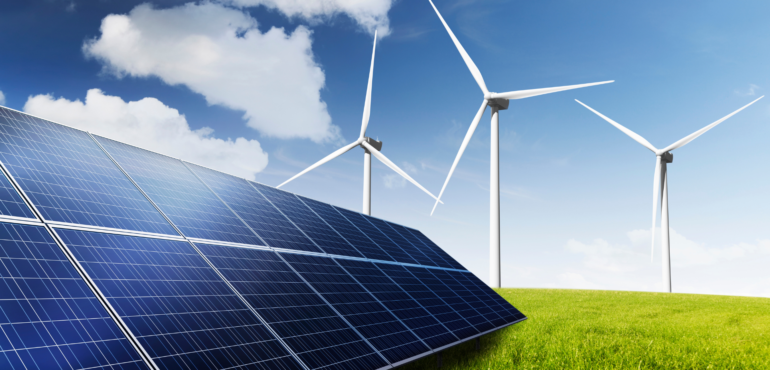Sustainability in Denmark – Sustainability has been a cornerstone of Denmark’s energy policy for many years. The country has set ambitious targets to reduce its dependence on fossil fuels and increase its use of renewable energy. As part of this commitment, Denmark has pledged to increase its use of renewable energy to reach 35% of its total energy mix by 2025. It is also working to phase out its use of coal and oil by 2030. In addition, the country is investing heavily in electric vehicles and infrastructure, with the goal of having one million electric cars on the road by 2030.
Sustainable biomass is crucial for the Danish political goal of reducing CO2 emissions by 70% by 2030. If we are to achieve that goal, we must recognize that biomass produced responsibly and sustainably is an important, stabilizing, and renewable source of energy.
The Danish Parliament passed the Danish Climate Act in 2020. The purpose of the law is that Denmark must reduce the emission of CO2 in 2030 by 70% compared to the level in 1990 and that Denmark achieves a climate-neutral society by 2050. Rasmus Grnborg Bak, the director of DSHwood, writes about how wood can help Denmark achieve these goals in a variety of ways.
One obvious solution would be to increase the use of wood in the construction industry. In addition, the wood’s ability to substitute other products and thereby avoid the CO2 emission that would have occurred if we used one of the other products – the so-called substitution effect. It could be steel or concrete, for example.
Denmark’s efforts to transition to a more sustainable energy mix are paying off. In 2017, renewables made up almost half of the country’s electricity consumption. And, thanks to a combination of wind, solar, and biomass power, Denmark could meet all of its electricity demand from renewables for an entire day in July 2017. This is a significant achievement for a country that still relies on fossil fuels for the majority of its energy needs.
As it continues its transition to a cleaner energy future, Denmark is setting an example for other countries that are looking to move away from fossil fuels. Its success so far shows that it is possible to make the switch to renewables without compromising economic growth or quality of life.
All of these efforts are aimed at creating a better future for our planet.





